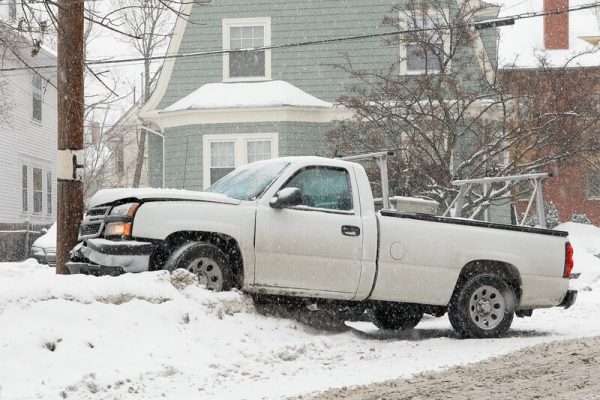 Owning a home comes with a multitude of responsibilities, including the occasional need for repairs. From leaky roofs to faulty electrical systems, unexpected home repairs can place a significant burden on homeowners, both financially and emotionally. College students, who often face financial constraints and limited knowledge about home maintenance, are particularly vulnerable to the challenges associated with unexpected car repair costs. Thankfully, there are several loan options available to assist college students in overcoming these hurdles and successfully completing home repairs.
Owning a home comes with a multitude of responsibilities, including the occasional need for repairs. From leaky roofs to faulty electrical systems, unexpected home repairs can place a significant burden on homeowners, both financially and emotionally. College students, who often face financial constraints and limited knowledge about home maintenance, are particularly vulnerable to the challenges associated with unexpected car repair costs. Thankfully, there are several loan options available to assist college students in overcoming these hurdles and successfully completing home repairs.
One unexpected loan option for college students facing home repair needs is a personal loan. Personal loans, unlike mortgages or auto loans, are generally unsecured, meaning that borrowers do not need to offer collateral against the loan. These loans provide college students with the flexibility to use the funds for any eligible purpose, including home repairs. Personal loans typically have fixed interest rates, and repayment terms can vary depending on the lender. College students can explore various personal loan options to find one that suits their needs in terms of interest rates and repayment periods.
Alternatively, home equity loans are another financing option that college students can consider for unexpected home repairs. Home equity loans allow homeowners to borrow against the equity in their homes, which is the difference between the home’s market value and the amount owed on the mortgage. College students who own a home or have parents who own one may be eligible for a home equity loan. These loans typically have lower interest rates compared to personal loans, as they are secured by the property. However, college students should exercise caution and consider the risks associated with borrowing against their home’s equity before pursuing this option.
In addition to personal loans and home equity loans, college students may also explore the possibility of obtaining a home improvement loan. These loans specifically cater to homeowners seeking funds for home improvement projects, including repairs. Home improvement loans usually come with favorable interest rates, as they are designed to incentivize homeowners to invest in their properties. College students should prepare relevant documentation, such as quotes from contractors or estimates for repairs, to showcase the purpose of their loan request and prove they are investing in their home’s maintenance.
Moreover, college students facing unexpected home repairs can explore government-sponsored loan programs. The Federal Housing Administration (FHA), for instance, offers the Title I Property Improvement Loan program. This program provides loans of up to $25,000 for homeowners to make necessary improvements, including repairs, to their properties. College students who do not own a home but live in one that requires repairs can also benefit from this program if their landlord agrees to the improvements. Exploring government-sponsored loan programs can be especially advantageous for college students, as they often offer lower interest rates and flexible repayment options.
For college students who may be hesitant to take on additional debt, it is worth considering peer-to-peer lending platforms as an alternative. These platforms connect borrowers directly with individual lenders, bypassing traditional financial institutions. College students can create loan listings on these platforms, detailing their repair needs and financial situation. Peer lenders then have the opportunity to invest directly in their loan request. Peer-to-peer lending can be a suitable option for college students who prefer a more personalized lending experience and may be willing to accept potentially higher interest rates.
Another potential avenue for college students is a home repair grant. While these grants may not be readily available or easily accessible, they are worth exploring for those in need. Various organizations, including local government bodies, non-profits, and community development agencies, offer grants to homeowners for repairing or improving their homes. College students can research and apply for these grants, providing detailed explanations of their repair needs and demonstrating financial eligibility. Home repair grants can significantly alleviate the financial burden associated with unexpected repairs.
In some cases, homeowners insurance policies may cover certain types of home repairs. College students with homeowners insurance should review their policies and consult with their insurance company to determine if their repairs are covered. However, it is essential to note that insurance coverage varies depending on the type of damage and the terms of the policy. College students should not solely rely on insurance coverage for unexpected home repairs but should consider it as an additional resource to aid in the process.
Lastly, college students should be proactive in preventing unexpected home repairs by focusing on regular maintenance. Proactively inspecting homes for potential issues, such as leaks or faulty wiring, can help identify and address problems before they escalate. By investing time and effort into regular maintenance, college students can save themselves from unexpected costly repairs and reduce the need for loans or grants altogether.
In conclusion





